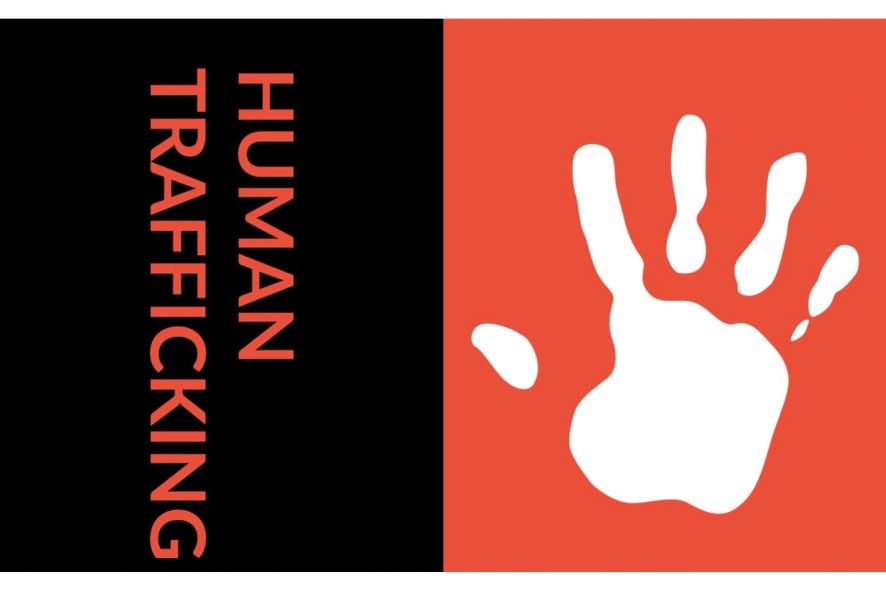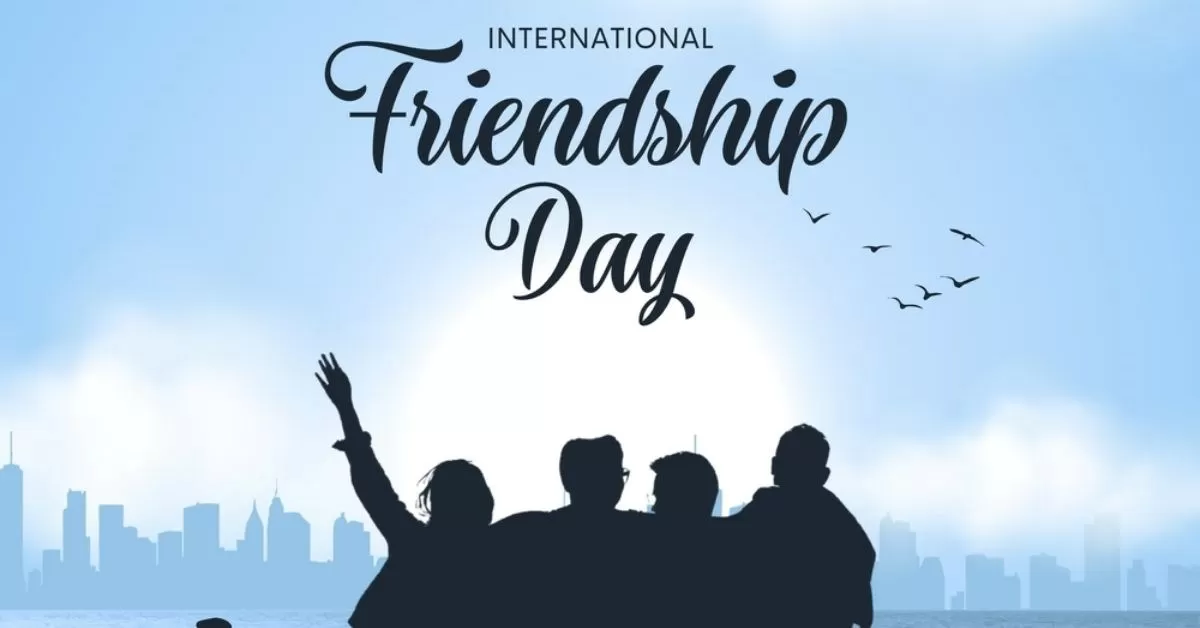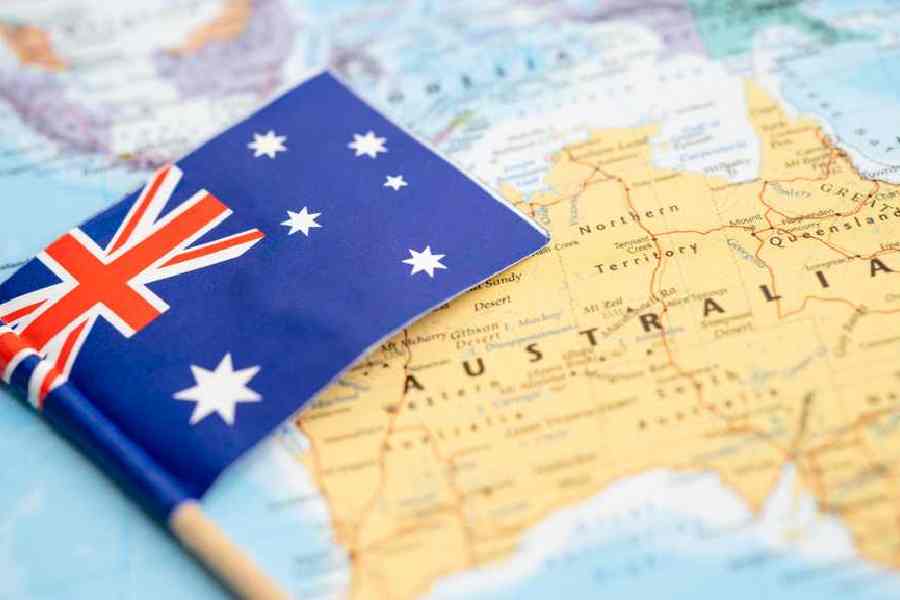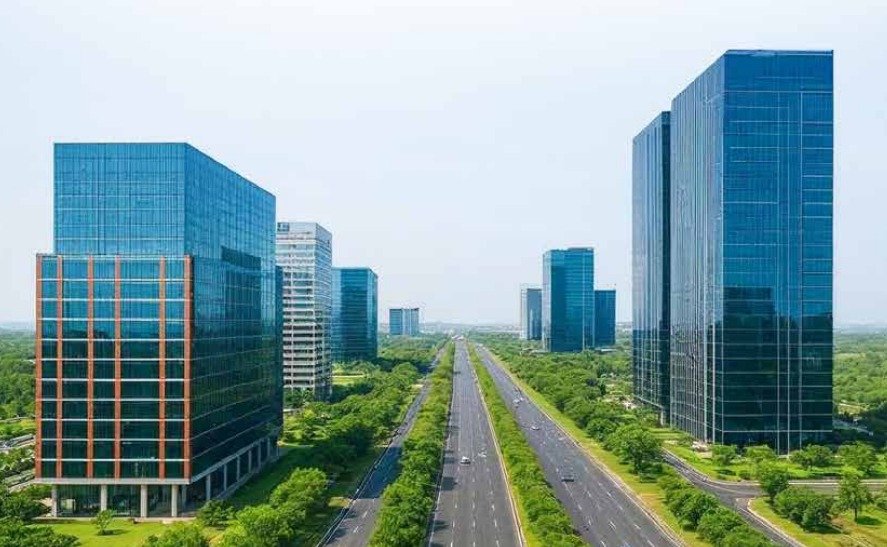Understanding Human Trafficking
International Day against Trafficking in Persons, observed annually on July 30th, is dedicated to raising awareness about human trafficking, a grave violation of human rights. This day aims to shine a light on the plight of trafficking victims and promote efforts to combat this global issue.
What is Human Trafficking?
Human trafficking involves the exploitation of individuals through coercion, deceit, or force for various purposes, including:
- Forced Labor: Individuals are forced to work under threat or coercion, often in inhumane conditions and without proper compensation.
- Sex Trafficking: Victims are exploited for commercial sex purposes, often through manipulation or coercion.
- Child Trafficking: Children are trafficked for purposes such as labor, sexual exploitation, or recruitment into armed groups.
The Scope of the Problem
- Global Reach: Human trafficking is a widespread issue affecting millions of people worldwide. It is a transnational crime with complex networks that exploit vulnerabilities for profit.
- Impact on Victims: Victims of trafficking endure severe physical and psychological abuse. They are often deprived of basic rights, including freedom, safety, and dignity.
Observing International Day against Trafficking in Persons
Raise Awareness
- Educational Campaigns: Use this day to educate others about the realities of human trafficking. Share information through social media, community events, and educational programs to increase understanding and vigilance.
- Support Victims: Advocate for and support services for trafficking survivors, including legal aid, counseling, and rehabilitation programs. Support organizations that provide direct assistance to victims.
Advocate for Change
- Policy and Legislation: Support efforts to strengthen laws and policies that combat human trafficking. Advocate for more robust enforcement and international cooperation to address trafficking networks.
- Volunteer: Volunteer with organizations dedicated to fighting human trafficking. Your support can contribute to prevention efforts, victim support, and advocacy initiatives.
Promote Ethical Practices
- Ethical Consumption: Make informed choices to support businesses and products that adhere to fair labor practices. Avoid supporting industries or companies known to be involved in exploitative practices.
- Community Engagement: Get involved in local initiatives aimed at preventing trafficking and supporting survivors. Raise awareness within your community about the signs of trafficking and how to report it.
Success Stories in the Fight Against Trafficking
Global Initiatives
- Trafficking Victims Protection Act (TVPA): In the United States, the TVPA provides tools for combating trafficking and supporting survivors. It has led to increased awareness and improved legal frameworks.
- UN Global Initiative: The United Nations has launched various initiatives to combat human trafficking, including the Global Plan of Action to Combat Trafficking in Persons. These efforts aim to strengthen international cooperation and support anti-trafficking measures.
Positive Outcomes
- Increased Awareness: Global awareness campaigns have led to greater public understanding of human trafficking and its impact, driving more robust responses and support systems.
- Improved Legislation: Many countries have strengthened their laws and enforcement mechanisms to address trafficking more effectively, leading to increased prosecutions and support for victims.








